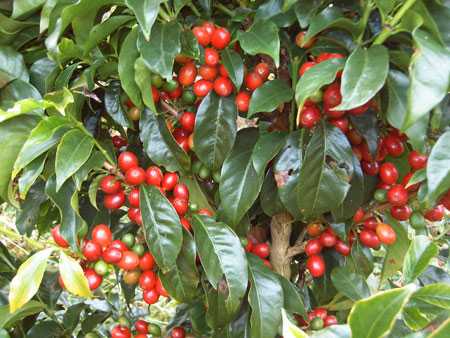MILAN – Coffee farmers around the world are increasingly turning to an animal touch to boost the value of their beans. It all began with Kopi Luwak in Indonesia, a coffee made from beans salvaged from civet cat poop. The followed elephant dung coffee from Thailand. Now, coffee farmers from Madagascar are launching bat spit coffee.
Madagascar used to produce mainly lower-quality Robusta beans used in instant coffees, but now farmers have switched to Bourbon Pointu, a premium variety of higher-priced Arabica coffee, obtained from a mutation of the Arabica cultivar, with delicate taste and exceptional sensory properties.
Bourbon Pointu sells domestically for about $101 per pound (200 euros/kg). A bit of bat spit pushes the price even higher.
Wild bats chewing on ripe coffee berries results in a reaction between their digestive fluids and outside air that gives a uniquely smooth flavour. A similar kind of coffee is produced in Costa Rica.
“It’s very special,” Ronald Van der Vaeken, a local Belgian hotelier, said in an interview with Reuters. “Normal coffee, after two minutes, you forget the taste – but this coffee stays a very long time in your mouth. It’s not acidic… it’s very good.”
Animal-enhanced coffee is not unique, as we said before, but this may be the first time such coffee is being commercially produced in Africa, traders says.
“Before, most people here in Itasy did not have any interest in growing coffee,” said Nirina Malala Ravaonasolo, president of a local coffee group.
Bat coffee is the brainchild of farmer and agricultural entrepreneur Jacques Ramarlah. Two years ago, he reintroduced Bourbon Pointu beans to the area from nearby Reunion Island. He later introduced bat coffee after observing them nibbling the best beans.
Now, Ramarlah works with about 90 farmers who send him beans for processing and marketing, some at his on-farm restaurant. The farmers produced two tonnes of coffee this year, with plans for 20 tonnes by 2021, for export to discerning markets like Japan.
His customers mostly come from local high-end restaurants and hotels. Bat coffee will be a small portion of the production.


















